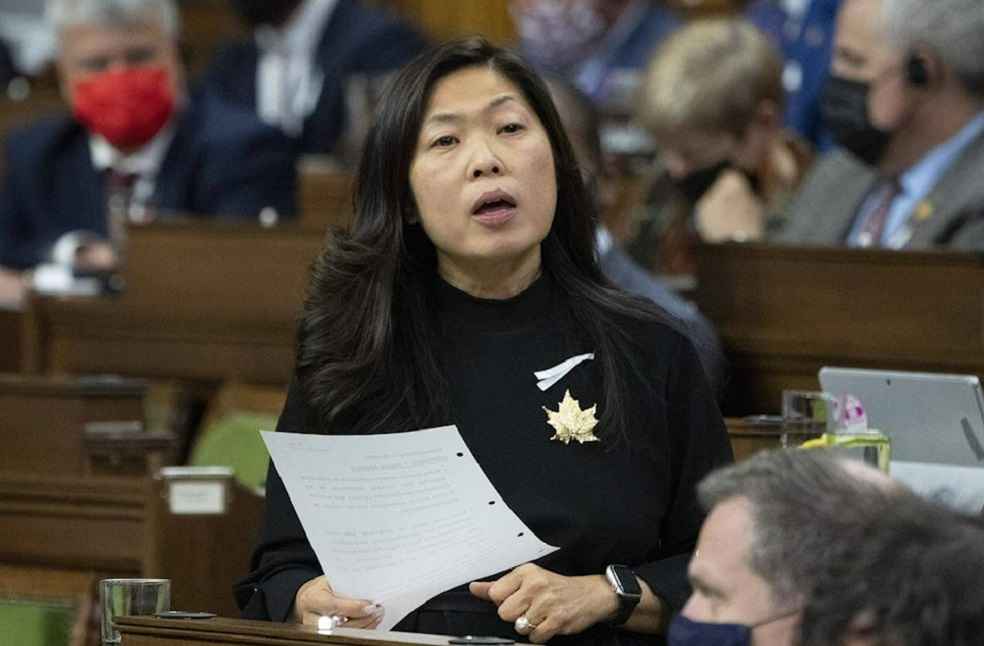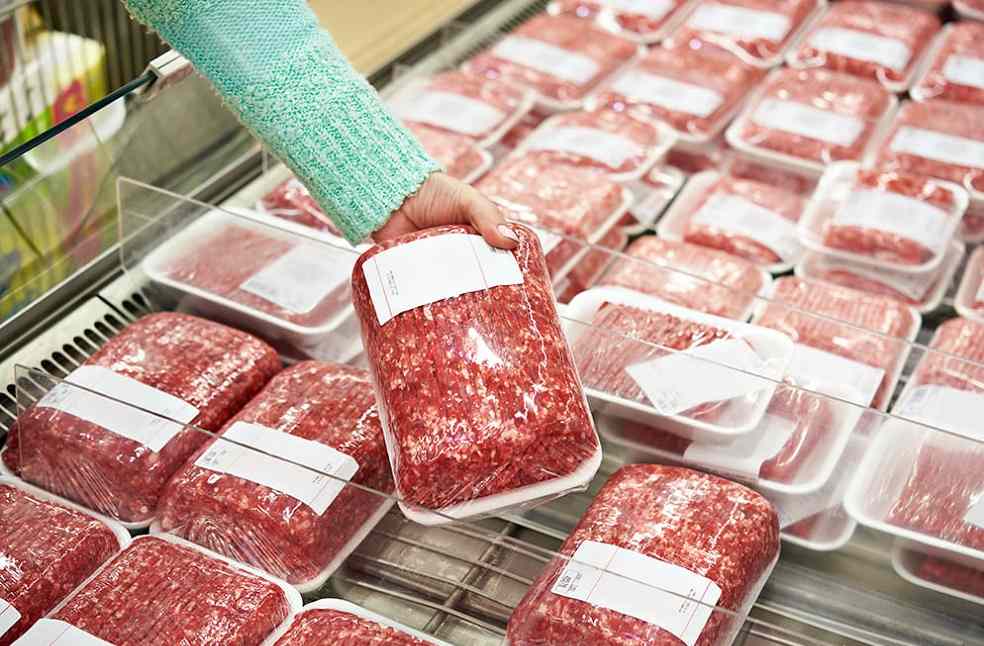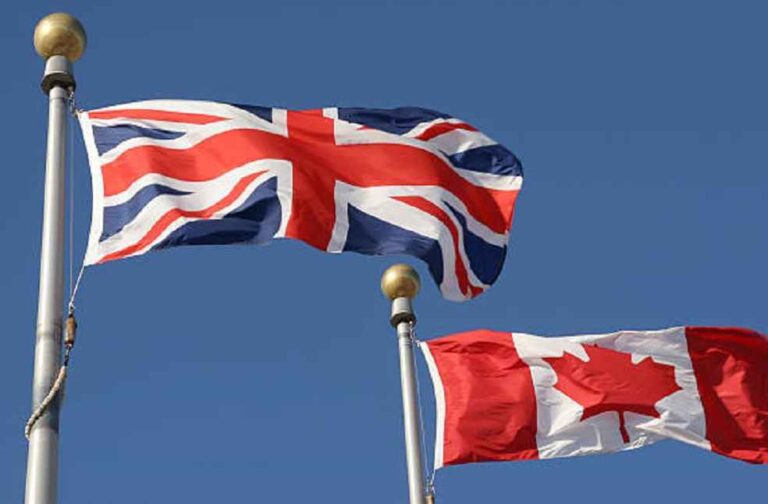The United Kingdom and Canada have indefinitely suspended their trade deal negotiations. The impasse, stemming from disagreements over agricultural products, particularly beef and cheese, signals a challenging phase for the two nations who have been engaged in talks for nearly two years.
Negotiations, initially predicated on a rollover agreement replicating the UK’s EU-era terms, encountered substantial obstacles pertaining to agri-products. Canadian domestic pressures, especially from beef and cheese producers, exacerbated the discord with the UK’s trading postures.
This standstill is unprecedented since the UK’s EU exit in 2021. A UK government spokesperson articulated their commitment to agreements benefiting British interests, suggesting a readiness to re-engage with Canada under more favorable circumstances.

Canadian officials, expressing their dismay, underscored perceived rigidity from the UK concerning food product concessions. Mary Ng, representing Canada’s trade ministry, pinpointed the UK’s persistent barriers to Canadian agricultural imports as a principal hindrance in the talks.
The UK faced criticism for its delayed action in renewing a separate pact safeguarding cheese exports from tariffs. This inaction led to a tangible setback for UK dairy industries, with cheesemakers forfeiting their tariff-exempt status in the Canadian market. Consequently, UK dairy exports now contend with a restrictive ‘non-EU reserve fund’ quota system and face substantial tariffs beyond this allocation.
Similarly, the beef sector confronts challenges. Canadian farmers, limited by the UK’s prohibition of a particular growth hormone prevalent in Canada, struggle to penetrate the UK market. This disparity prompted opposition from Canadian farming coalitions to the UK’s participation in the Comprehensive and Progressive Agreement for Trans-Pacific Partnership, citing uneven competitive conditions.

This beef and cheese deadlock transcends a mere bilateral tussle; it symbolizes the intricacies of modern international trade discussions. The impasse not only impacts the economies of both nations but also exemplifies the navigation of emergent trade disputes in a post-Brexit world and the global trade landscape.
Businesses and consumers in both nations brace for the repercussions of these halted negotiations. Despite the prevailing disagreements and domestic pressures confronting both administrations, the aspiration for a resolution that benefits both parties persists. The trajectory of UK-Canada trade relations now teeters, with agricultural commodities, especially beef and cheese, at the crux of this diplomatic quandary.
IMEX SECTOR | UK’s Dairy Export Blitz Targets £1 Trillion Trade Triumph by 2030



